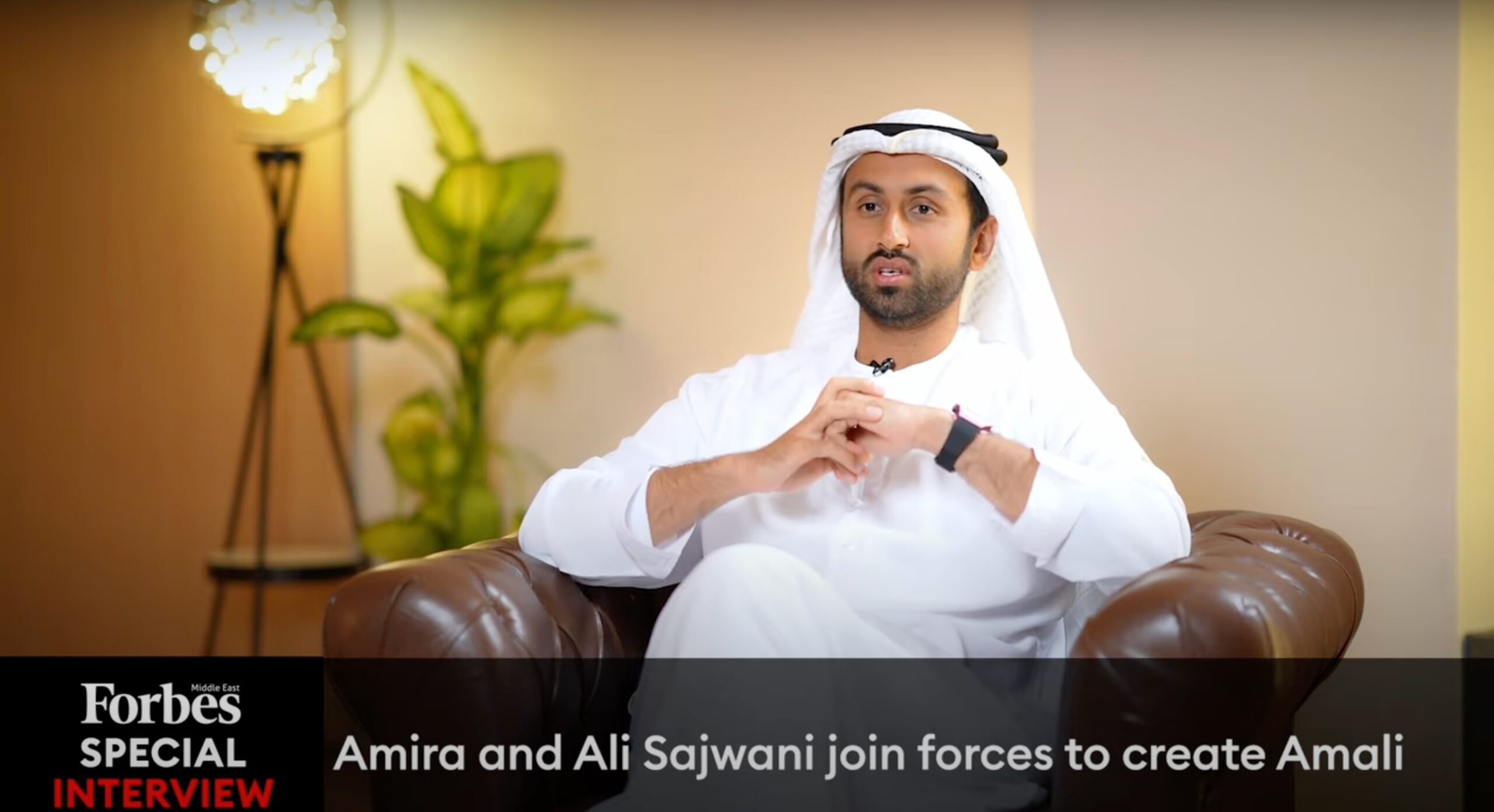Can you remember when the idea of ‘buying’ online media was still controversial? It may seem like a bygone era, but it wasn’t that long ago – relatively speaking. Back then, many consumers still preferred the idea of owning physical assets rather than digital files.
Fast-forward to today and it’s easy to see how rapidly this landscape has changed. iTunes and similar platforms are still going strong, services such as Amazon Prime offer a choice of both physical and digital media, and some subscription-based platforms like Netflix have abandoned physical media altogether.
While some still prefer to collect physical media, we have witnessed an overarching shift towards virtual entertainment. I still own CDs and DVDs, for example, but – in all honesty – I rarely play them.
Do we own what we are buying?
While we’ve become used to buying online media, that still begs one very important question: what does it mean to own a digital asset? At first glance, this may seem relatively straightforward, but digital ownership is not as simple as it seems.
If you’re a gamer, you may remember using seventh-gen consoles to purchase your first ever digital titles. Try playing those same games today using ninth-gen hardware. Some may still work, but most probably won’t.
As our world continues to move online, people from all segments of society and industry are looking to ensure their digital assets are unique and safe, and non-fungible tokens (NFTs) represent one potential solution.
If you’re not familiar with NFTs, check out my most recent article in which I go into greater depth about the role of these tokens in the metaverse.
Both virtual and real-world applications
NFTs have a broad range of applications, not only within digital realms, but also in the physical world. Granted, most headlines still tend to focus on the prevalence of NFTs in the metaverse, where they are increasingly being acquired as status symbols. Take RTFKT Studios, for example, which has enjoyed tremendous success with the introduction of its Clone X avatars.
However, this is only the tip of the iceberg when it comes to possible uses. Consider the potential for digital tokens to supplement or replace title deeds and proof-of-ownership certificates, helping to secure marketplaces and reduce fraud.
The use of NFTs for luxury watches, for instance, could reduce activity on the grey market and help to stop fraudsters from selling items using forged documentation.
Alternatively, imagine a world in which NFTs are employed to stymie unscrupulous ticket resellers profiting from sporting events, allowing organisers to monitor the market value of their tickets, as well as who’s buying and selling.
Blockchain-based legal contracts, on the other hand, could help to eradicate the potential for illegal manipulation in the world of business. Royalties can also be built into NFTs meaning – if they were to be used in conjunction with Real Estate Regulatory Authority (RERA) and title deeds, for example – levies such as the 4 percent Dubai Land Department (DLD) fee could be added and collected automatically.
Big business
The use of NFTs is well established and gaining more traction every day. Virtual worlds like Decentraland and The Sandbox, for example, enable users and partners to build, trade and monetise in-game assets.
Findings released by Chainalysis show that the past year has seen unprecedented activity in this space. The analyst’s 2021 NFT Market Report states: “So far in 2021, users have spent at least $26.9 billion worth of cryptocurrency [on] the two types of Ethereum smart contracts associated with NFT marketplaces and collections.”
Put simply, NFTs already represent big business and the sector looks set to continue growing in 2022.
Knowing the risks
At a fundamental level, NFTs are extremely secure. Each one is unique and encrypted, existing only as a series of digits on a blockchain ledger.
Tampering with blockchain is incredibly difficult as making a change to one block requires all subsequent blocks to be altered too. Add to this mechanisms such as ‘proof of work’ and constant peer-to-peer verification, and you’re left with one of the most secure systems on the planet.
But that doesn’t mean that the world of NFTs is risk free. Unfortunately, as with any market in which large sums of money change hands, these assets have become a lucrative target for fraudsters.
Spotting the scammers
The most common NFT-related scams involve attempting to access people’s crypto wallets to steal funds, and misrepresenting assets in a bid to sell them for inflated prices.
To guard against the former, do not respond to unsolicited messages about NFTs; don’t click on the links that these messages contain; and never share your seed phrase. Write it down, keep it in a secure location, and consider investing in a hardware wallet.
There are also steps you can take to spot fraudsters trying to pass off ‘fake’ NFTs as the real deal. If you’re using a marketplace like OpenSea, for example, always check the prices of similar assets. A significant disparity between the item you are viewing and comparable listings might indicate it is not legitimate.
Even if the price looks right, scrutinise the seller and asset. Is the seller’s name spelled correctly? Do they have a blue verification tick? Do the asset’s description, properties and accompanying text stack up?
Most importantly, confirm that the contract is in order. Copy it from the project’s official website and check it against the version listed on the marketplace. If the contracts match, you’re probably good to go.
Make sure you’re enjoying yourself
The main reason I follow NFT communities is because they’re fun, innovative and exciting. Fraud is no more prevalent within the NFT sector than in any other. Whenever a new market emerges, whether virtual or physical, scammers try to take advantage.
Ultimately, as the popularity of NFTs continues to grow, community members will become more familiar with the associated opportunities and pitfalls. Who knows? Ten years from now, purchasing an NFT may feel as normal as buying a song on iTunes.


